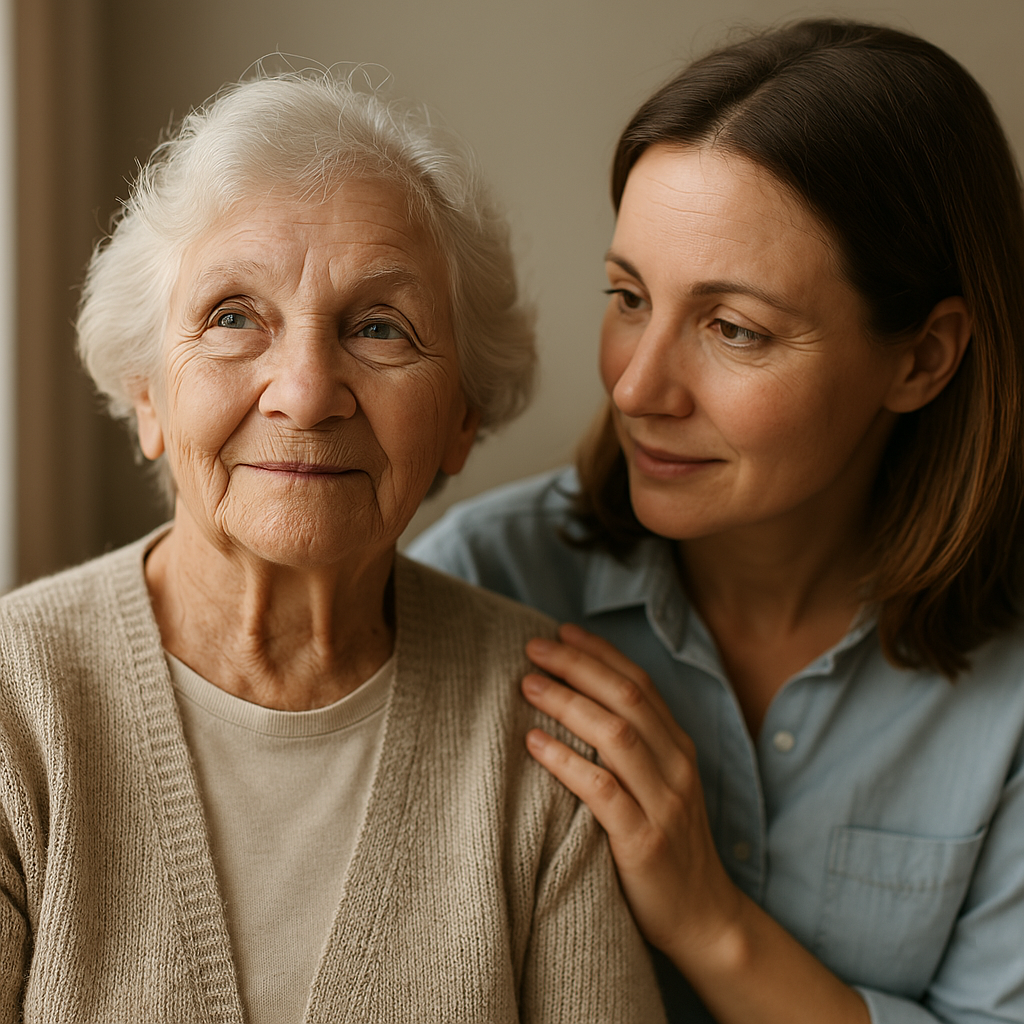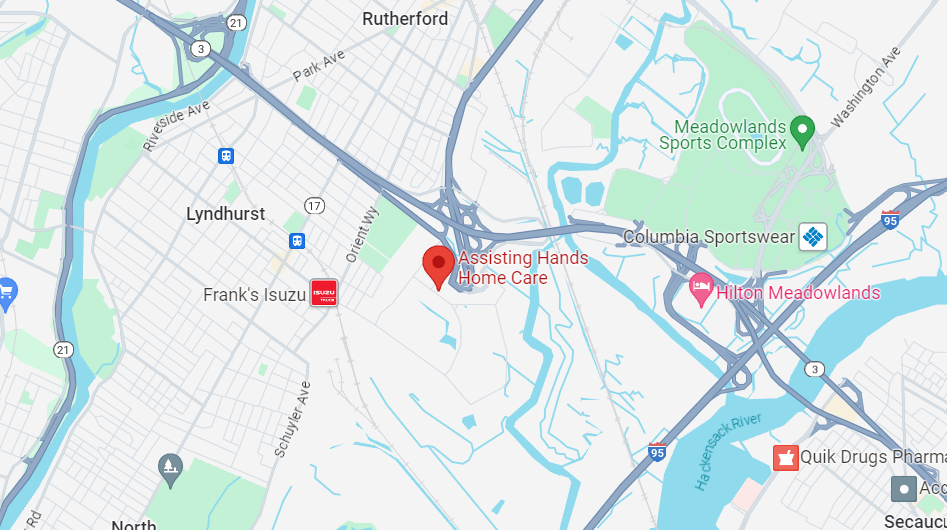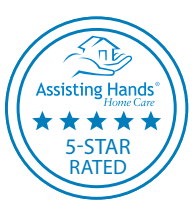A prior head injury increases the risk of a stroke. This is the reason it is critical that seniors protect themselves with bicycle helmets while cycling and seatbelts while driving. It’s likewise imperative that older adults take steps to decrease their fall risk and prevent a head injury.
What is a head injury?
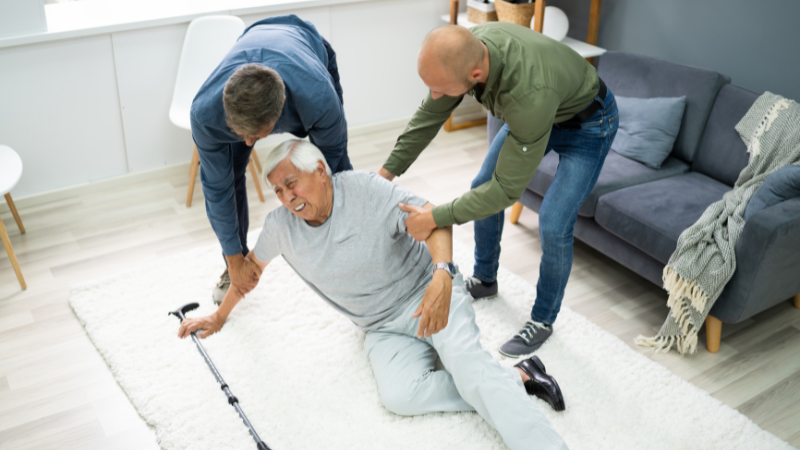
A head injury is an overarching term that describes a wide range of injuries to the scalp, brain, skull, or tissue and blood vessels in the head. It can be a mild bump or a severe concussion, fractured skull bone, open wound, deep cut, or internal bleeding in the brain.
Depending on the extent of trauma, the head injury may be referred to as a traumatic brain injury (TBI) or brain injury. Approximately 1.7 million individuals suffer a TBI each year. Millions of Americans who survive a head injury need help with the activities of daily living.
For more information on elderly fall, read What to Do When a Senior Falls.
How does a head injury affect individuals?
Short-term health issues arise in the aftermath of a head injury. It’s well-known that individuals suffer memory and learning difficulties, mental health issues and headaches. The long-term effects are still being studied; however, research shows links between head injuries and dementia and disability.
Does a head injury increase stroke risk?
A head injury impacts stroke rates, too. Research shows that a person who suffers multiple head injuries has a higher risk of ischemic stroke. In fact, the risk for stroke is 86 percent higher in people who’ve had a head injury. A head injury increases the severity of a stroke.
Individuals are at risk of suffering a stroke regardless of whether the head injury is mild or severe, such as a concussion. While the risk of a stroke remains high within the first four months after the head injury, the risk continues to be elevated in subsequent years.
How does a head injury impact stroke risk?
Researchers are unclear as to why a head injury increases the chances of an individual having a stroke. However, several hypotheses are put forward. One is that the chance of blood clots increases with a head injury. If blood fails to clot properly, it can trigger a stroke.
Risk factors for a stroke also increase if a person develops a disability after the head injury and becomes sedentary, gains weight, smokes cigarettes, or consumes a greater quantity of alcohol. These unhealthy lifestyle choices are known to heighten stroke risk.
When a person experiences a head injury, particularly a penetrating one, the event is likely to damage or weaken the blood vessels inside the brain. As a result, the blood vessels can rupture at a later time in the individual’s life, leading to a hemorrhagic stroke.
An individual may be prescribed anti-depressant medications to treat anxiety or depression that occurs after a head injury. Researchers believe these drugs may be implicated in increasing stroke risk. The abovementioned factors as well as unknown ones can contribute to a stroke.
How is stroke risk reduced after a head injury?
1. Recognize Stroke Warning Signs
Seniors who have had a head injury should take steps to reduce their risk of a stroke. The best way is to recognize stroke warning signs should they occur. The faster a senior receives medical attention, the better their chances of recovery will be.
The acronym FAST stands for face, arms, speech, and time. When smiling, one side of the face may droop. One arm may fall while both are raised. Slurring words may be another indication of a stroke. Call 911 immediately, as time is of the essence when these stroke symptoms appear.
Additional stroke warning signs to be vigilant for include numbness in the legs, arms, or face, sudden vision changes, dizziness, or issues with balance, and a severe headache. The senior may have difficulty understanding others when they have a stroke.
2. Lower Blood Pressure
High blood pressure is a major cause of stroke, and a head injury can elevate blood pressure levels. Older adults should reduce the sodium levels in their daily diet and consume more potassium. Foods rich in potassium include bananas, avocados, sweet potatoes, and fish.
3. Engage in Regular Exercise
A regular exercise regimen can ward off a stroke. Physical activity lowers blood pressure, which further decreases stroke risk. Aim for 40 minutes, three to four times per week. Exercises for seniors include walking, gardening, short bike rides, and taking the stairs instead of the elevator.
4. Manage Stress Naturally
Living with a head injury is stressful, and chronic stress increases the risk of stroke. Relieve stress after a head injury by engaging in mindfulness, a meditative practice that helps the senior stay in the present moment. A focus on the breath clears the mind of worries.
Seniors who have suffered a head injury may be at risk for a stroke. However, with quality elder care, they can reduce their risk. The caregivers at Assisting Hands Home Care are ready to provide essential support, whether the aging loved one had a stroke or aims to prevent one.
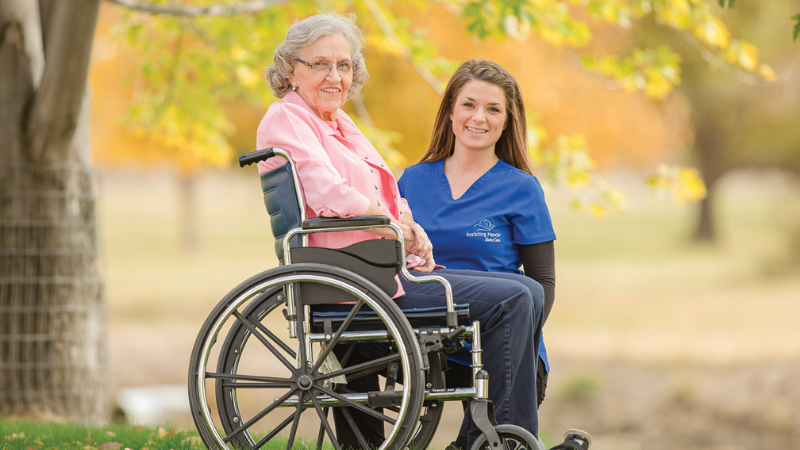
Our in-home care services cover a wide range of non-medical support that gives older adults the opportunity to remain independent at home. Caregivers give timely medication reminders, perform light housekeeping, provide safe transportation to areas in the local community, and serve as companions to ease feelings of loneliness and isolation.
We also prepare healthy meals and serve beverages throughout the day to maintain their hydration. Regular exercise is scheduled so that the older adult stays active and engaged. Our concerted efforts ensure care recipients are stimulated and physically, emotionally, and mentally healthy every day.
When senior home care is right for your elderly loved one, choose the number one provider: Assisting Hands Home Care. We serve Lyndhurst, New Jersey, seniors. Schedule a free in-home consult and improve the older adult’s overall health and well-being. Call our highly rated home care agency today.

Abhi Mitra founded Assisting Hands Hudson County after recognizing the significant value of personalized and excellent care through family experience, specifically in caring for his grandmother. His expertise in program management, along with a genuine desire to make a positive difference in people’s lives, motivates him to provide the same level of care that his grandmother received. He obtained an MS degree from Pace University, New York, and a Certificate of Executive Healthcare leadership from Cornell University, Ithaka, NY. Abhi efficiently manages tasks with kindness and intelligence, ensuring everyone feels comfortable and welcome. He excels in problem-solving and puzzles while maintaining smooth operations at the agency and ensuring everyone receives high-quality individualized care. His dedication to his work and compassionate nature greatly improves the quality of life for the seniors under his care, providing them with a comfortable and joyful environment. Abhi ensures the highest possible quality, providing reassurance to everyone. His dedication and caring nature contribute to creating a comfortable and joyful environment for those he assists. He enjoys biking, taking walks, and watching cricket with his family and friends.

